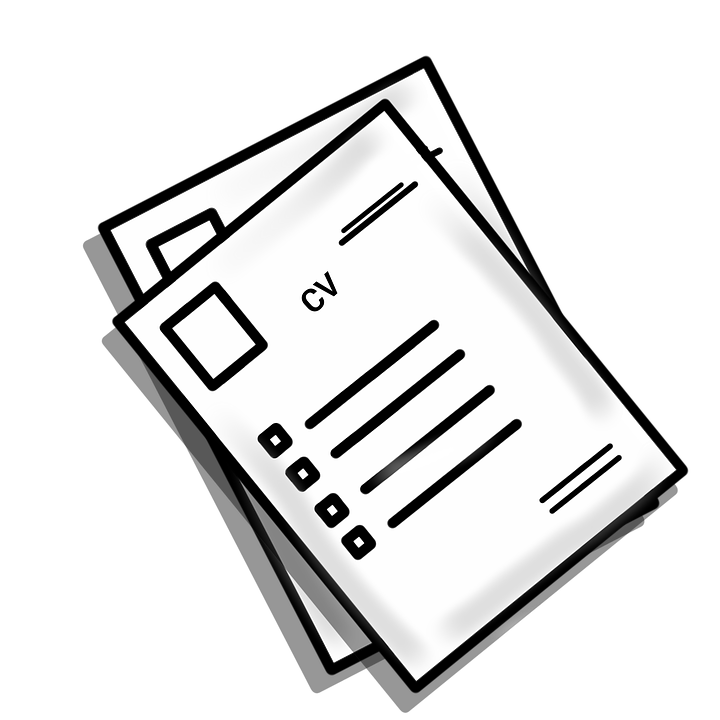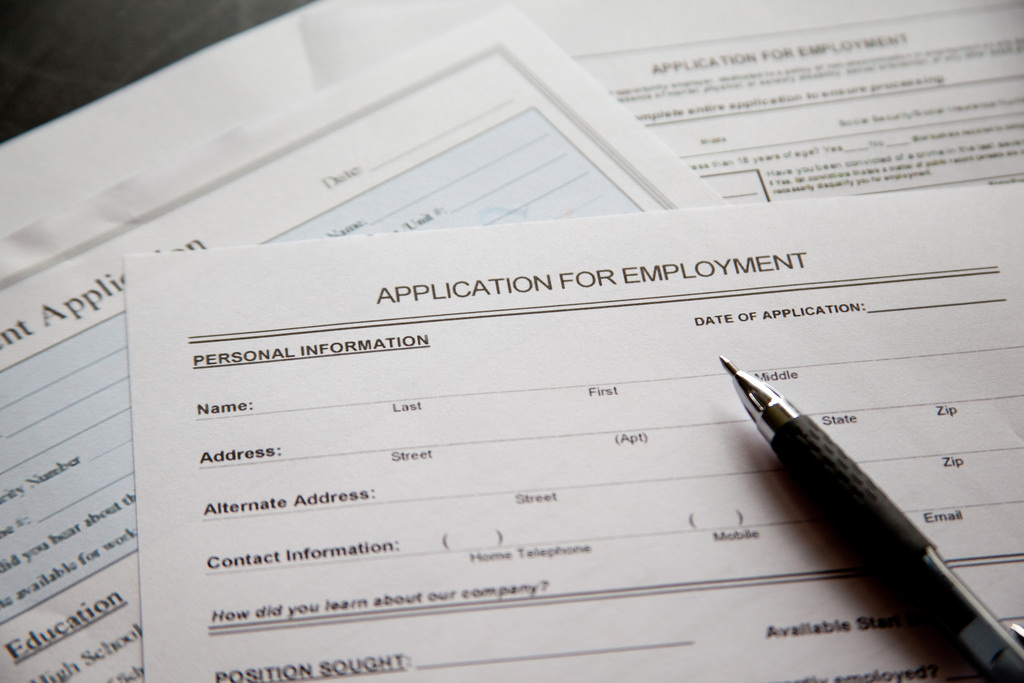January and early summer are the two busiest points in the year for company hiring. In January you have people starting their new year, moving on with their life plan, looking for a change or honestly sometimes just better salaries. Then, in April and May you have all the University graduates beginning their search to find their first job.
So how do you navigate the choppy waters of job hunting? Here are some handy tips!
Stage 1: Your CV
The first step is to work on your CV. It’s your representation in the hiring world. Just like dressing well for an interview to make an impression, you need to achieve the same with your CV. It must be tidy, organised and have no errors. If a hiring manager finds a spelling mistake (although a mistake that could easily happen to anyone) to them this means you lack attention to detail. It’s the little things that push you over the top. Keep it simple and choose a professional layout, don’t include pictures or crazy fonts (unless you are a performer or applying to artistic design jobs). Most importantly, ensure that all your skills and experience relevant to the role are listed.
University graduates and younger candidates are not expected to have more than two A4 pages to their CV because we are “less experienced” in the working world. This can be difficult if, like me, you have been working since you were 16.
TIP: Only include the details of jobs relevant to the role you are applying for
If you are applying to a retail job, include your two years’ experience working in Waitrose whilst studying at University. However, if you are applying to a marketing firm, list your degree and related experience and then put a small line covering the gap in employment.
E.g. Part time retail work balanced with University responsibilities Sep 2016 – July 2018
Finally, the summary. This section is the very first part the hiring team or agency will read. Keep it short and sweet. Briefly mention experience or education related to the role you are aiming for and try to achieve a positive tone. This is like a blurb of a book, you want to engage them and encourage them to read more. Three to four lines are best.
Stage 2: Cover Letter
There is much discussion lately throughout job agencies about whether a cover letter is important. Having just gone through the job hunting process myself whilst simultaneously being involved in hiring at my current company, I can assure you that it is an important aspect of your application. It shows that you have read the job description and are genuinely interested in the position. It’s easy to shoot off applications to hundreds of roles via Reed or Indeed for example. However, if you put time into your cover letter, you are far more likely to make an impression on the reader.
Tip: Read the job description and include the wording in your cover letter response
This shows you have a real interest in the position and will also highlight your relevant skills.
Tip: You can have a basic template but make sure you have a new cover letter for every job
Stage 3: Applications
This is probably the hardest part of the job hunting process and I’ll be honest with you, it takes time. The trick is to apply to everything relevant. Sometimes you may feel you are not 100% what they are looking for butm to be honest, that’s their decision. Remember, it will never hurt you to apply. Find jobs that match your experience level, don’t always worry about the salary band as different places and industries have different breakdowns. Work off of the job description, as this is a better indication of the role.
Tip: If you are leaving University, look for Entry Level or Graduate positions. If you have already got experience look at entry level or experienced non-management positions.
This part will take time, it will feel draining and it will have its ups and downs. However, you have the opportunity to go nuts at this point. The more applications you complete, the higher your response rate will be. Many companies will not respond unless you make it through a certain round and they are the hardest because you never really know. It’s easier in a way receiving rejections because then you can move on.
Tip: Apply to job agencies but also continue to apply directly to roles yourself. A mix is best.
Keep going no matter what. If you are having a particularly bad day with several rejections, don’t be disheartened. Take that day to relax and focus on something positive, then return with fire in your belly the next day. Some say applying to hundreds on one day a week is a good approach. However, jobs open every day and get snatched up quick. I personally found it was better to set aside half an hour to an hour a day and get to work on applications. I would get through 20 - 50 a day (based on the length of the application process) racking up approx 350 applications a week. This allowed me to have a consistent roll over of responses.
Tip: Read all responses and try to get feedback if you can, this way you can continue to edit your cover letters and CV to better match your dream role and become a stronger candidate with each application.
Stage 4: Interviews
Many feel that this section of the process is the most stressful, but remember you are already doing well if you have reached this stage. The company is interested in you and they want to meet you in person. You have already completed three stages to get there, so remember it’s their chance to meet you but also your chance to meet them and make sure the role is what you want.
Tip: Always dress smart for an interview, better to be overdressed and impress than underdressed.
Prior to your interview, you must do some research. Look up the company and read what they are about (even if you already did this when applying). See if you can find some details about the people you will be meeting and plan some of your answers.
Tip: Always plan some of your responses in preparation for your interview. Look up some typical interview questions to help you.
The first impression is key, so look up your route and plan ahead. If you don’t know the area, don’t just get the earlier train, get the one earlier again. Give yourself time. If you arrive late it looks bad but you will also be flustered and nervous. Arriving early gives you time to relax, have some water and mentally prepare for the meeting ahead.
Tip: Always bring a printed copy of your CV to interviews along with any tasks you may have been sent to complete
Finally, be yourself. This is the most important advice I can give you. If you get a job by being something you are not, it will only lead to more problems down the line. Rejection is not a reflection on you personally. You got to the interview stage meaning you were a strong candidate. There are many reasons someone else may have got the final job but just remember, that will be you when it’s the right job. Keep the faith!
Stage 5: Offers and acceptance
Ok so you’ve done the preparation, you’ve updated your CV several times, written hundreds of cover letters and had a bunch of interviews. Finally you find somewhere you like a lot and they offer you the position. WELL DONE!
Tip: Don’t feel you have to accept straight away, you have the right to consider their offer and get back to them
If it is your dream job, dream salary and perfect location then by all means accept on the spot. However, if like me you have several interviews lined up in a small space of time, it is ok to be honest with the company. You can let them know that you have another interview that afternoon or the following morning and ask if they mind you letting them know after that meeting. This not only shows you are a desirable candidate but it also gives you the chance to really consider the offer. Then when you make your decision you will be 100% sure it’s what you want.

Good luck everyone, I hope you all find what you are looking for!















A very concise list of tricks and tips here, I wish I'd known these things before I went searching for my first job!